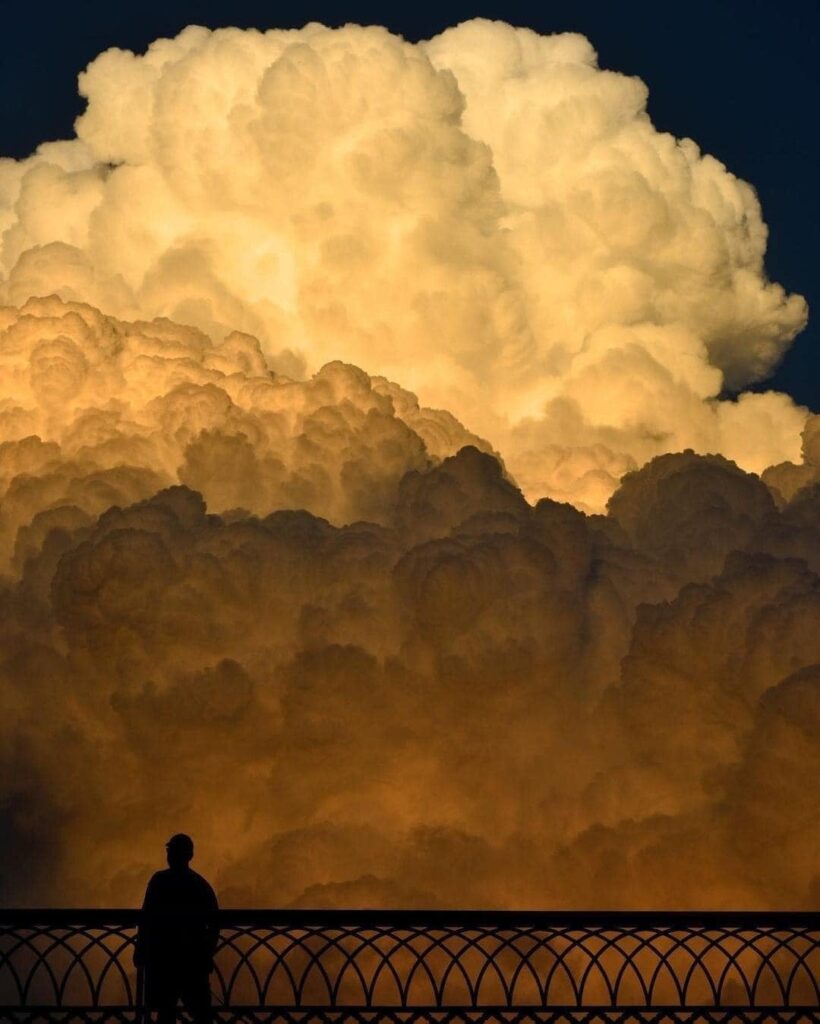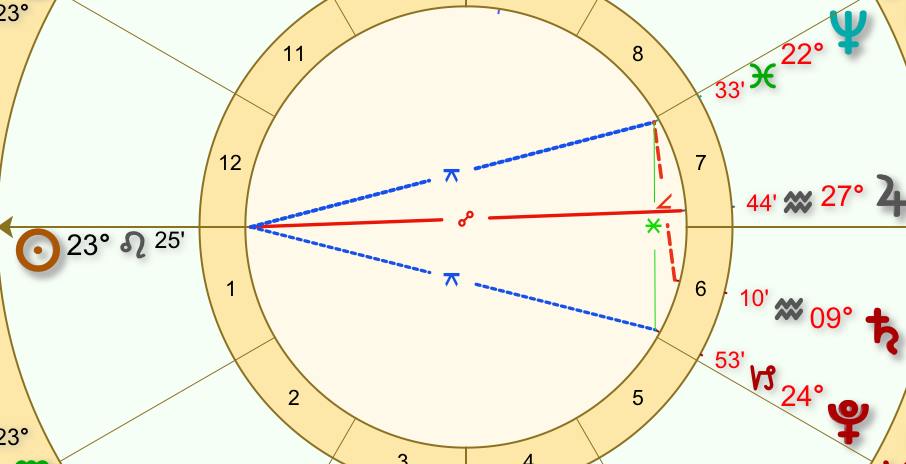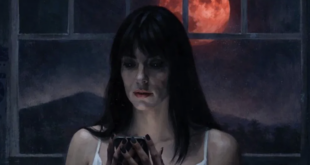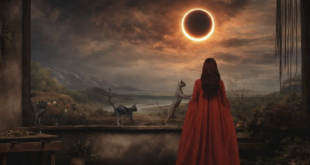“There are two fundamentally opposed realities, two different modes of experience; that each is of ultimate importance in bringing about the recognisably human world; and that their difference is rooted in the bihemispheric structure of the brain. It follows that the hemispheres need to co-operate, but I believe they are in fact involved in a sort of power struggle, and that this explains many aspects of contemporary Western culture.
Things change according to the stance we adopt towards them, the type of attention we pay to them, the disposition we hold in relation to them. This is important because the most fundamental difference between the hemispheres lies in the type of attention they give to the world. But it’s also important because of the widespread assumption in some quarters that there are two alternatives: either things exist ‘out there’ and are unaltered by the machinery we use to dig them up, or to tear them apart (naïve realism, scientific materialism); or they are subjective phenomena which we create out of our own minds, and therefore we are free to treat them in any way we wish, since they are after all, our own creations (naïve idealism, post-modernism). These positions are not by any means as far apart as they look, and a certain lack of respect is evident in both.
In the past, this tendency was counterbalanced by forces from outside the enclosed system of the self-conscious mind; apart from the history incarnated in our culture, and the natural world itself, from both of which we are increasingly alienated, these were principally the embodied nature of our existence, the arts and religion. In our time each of these has been subverted and the routes of escape from the virtual world have been closed off. An increasingly mechanistic, fragmented, decontextualised world, marked by unwarranted optimism mixed with paranoia and a feeling of emptiness, has come about, reflecting, I believe, the unopposed action of a dysfunctional left hemisphere. I will have some concluding thoughts about what, if anything, we can do – or need not to do – about it.
“My quarrel is only with an excessive and misplaced rationalism which has never been subjected to the judgment of reason, and is in conflict with it. I hope it will not be necessary for me to emphasise, too, that I am in no sense opposed to science, which, like its sister arts, is the offspring of both hemispheres – only to a narrow materialism, which is not intrinsic to science at all. Science is neither more nor less than patient and detailed attention to the world, and is integral to our understanding of it and of ourselves.”
~ Iain McGilchrist. “The Master and His Emissary: The Divided Brain and the Making of the Western World.”
What we call the “supernatural” are the deeply buried, yet unexplored regions of our minds (NEPTUNE & PLUTO) – alternative dimensions brought into consciousness, or revelation, by our capacity to be “in the moment” (URANUS). The Sun’s formation of the ‘yod’ to NE/PL, now opposing JUPITER, is an awareness that the two ‘sides’ of our processing need to come into alignment – that the reason we are split into two has perhaps more to do with our disembodiment between the cool, rational, linear mind and the warm, swirling, abstract realms of our being.
Observe what is going on in the world, and who is “right” and who is “left” and the erroneous ways in which we cling divisively to who is “right” and “wrong”. Observe too how those who were dogmatically ‘correct’ yesterday are being exposed today as merely naive fools (to themselves and everything they hoped to gain).
When we deny art, religion, mysticism and all other areas which spawn from the symbolic language of our liminal, collective unconscious, we create a frightful imbalance in our lives – a kind of ‘unnecessary left-brain cruelty’, as I call it. It’s time to look towards restoring some balance…
“When we look at our embodied selves, we look back into the past. But that past is no more dead than we are. The past is something we perform every living day, here and now. That other founding father of psychoanalysis, Jung, was acutely aware of this, and surmised that much of our mental life, like our bodies, has ancient origins:”~ Iain McGilchrist.
“…this lack of absolutism affects the way we need to understand the data. A finding can be perfectly valid, and even of the greatest significance overall, and yet admit of contrary findings. The average temperatures in Iceland and Indonesia are clearly very different, which goes a long way to explain the wholly different characteristics of the vegetation, animal life, landscape, culture and economy of these two regions, as well as no doubt much else that differentiates their ‘feel’ and the ways of life there.
But it is still true that the lowest average annual temperature in Indonesia is lower than the highest average annual temperature in Iceland – and of course the average temperature varies considerably from month to month, as well as, less predictably, from day to day, and indeed from place to place within each region. The nature of generalisations is that they are approximate, but they are nonetheless of critical importance for understanding what is going on. A misplaced need for certainty may stop the process altogether.
This also implies that generalisations can never be rules. As far as the hemispheres go, there is almost certainly nothing that is confined entirely to one or the other. I want to stress that, because I really do not wish to encourage simplistic dichotomising… ”
~ Iain McGilchrist. “The Master and His Emissary: The Divided Brain and the Making of the Western World.”
 angstoic.com Astrologer, Ang Stoic
angstoic.com Astrologer, Ang Stoic





Loving an upsurge in the elemental mystical realms ?